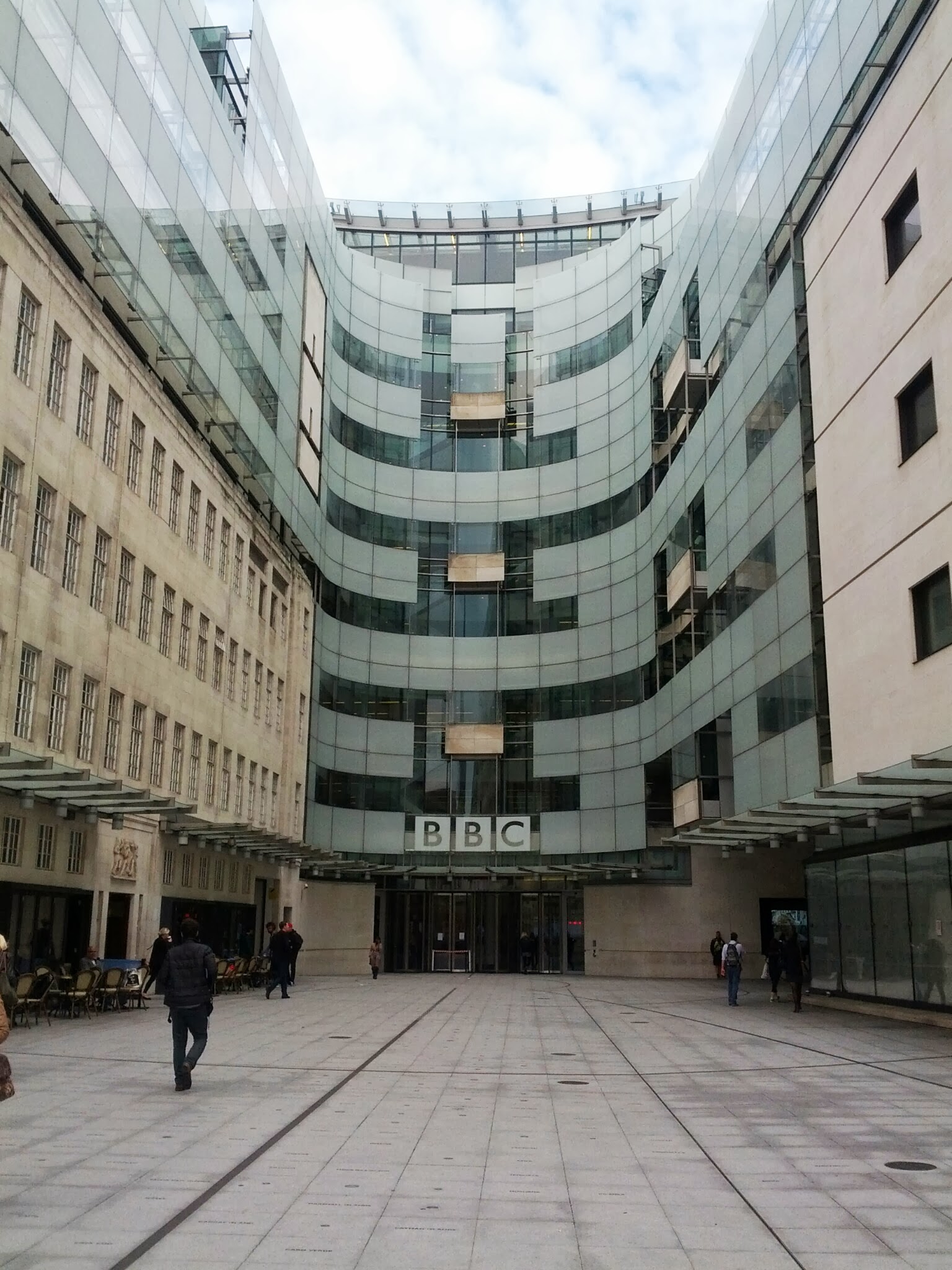The British Broadcasting Corporation occupies what is often considered to be a unique position within UK culture as both a respected national institution that is a pillar of enlightenment values and, increasingly, an agile, entrepreneurial business that has to deliver ‘value-for-money’. This study will contribute to the existing body of literature examining the impact of a neoliberal marketisation discourse on BBC policy by focusing specifically on the provision of arts programming as a key indicator of how the logic of the marketplace has permeated the BBC’s commissioning culture. In doing so, it argues that the loss of the topical arts magazine and discussion formats from BBC television, in contrast to radio, is symptomatic of the ways in which arts broadcasting has been reimagined both in the corporation’s internal production culture and in its public pronouncements as a product for consumers rather than a service for citizens.



